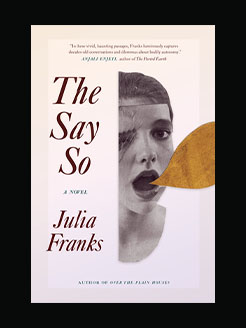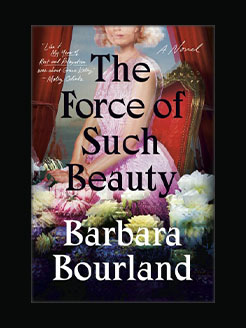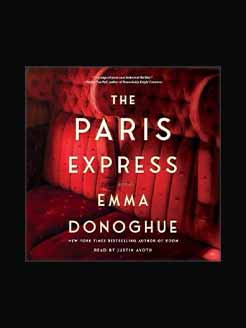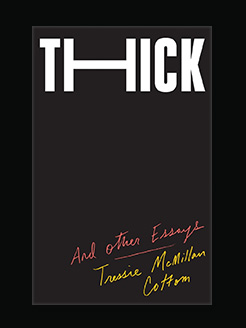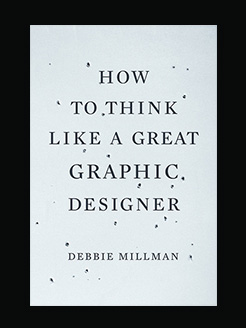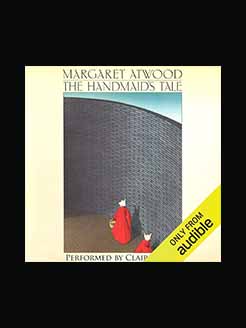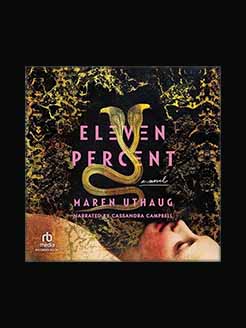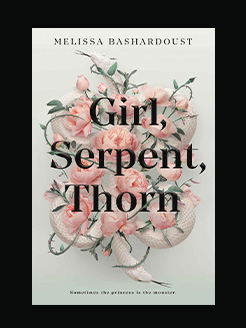Published in 2012
384 pages
Siri Hustvedt was born in 1955 in Northfield, Minnesota. She has a Ph.D. from Columbia University in English literature and is the internationally acclaimed author of several novels, The Sorrows of an American, What I Loved, The Enchantment of Lily Dahl, The Blindfold, and The Summer Without Men, as well as a growing body of nonfiction, including Living, Thinking, Looking, A Plea for Eros, and Mysteries of the Rectangle, and an interdisciplinary investigation of the body and mind in The Shaking Woman or A History of My Nerves. She has given lectures on artists and theories of art at the Prado, the Metropolitan Museum of Art in New York, and the Academy of Fine Arts in Munich. In 2011, she delivered the thirty-ninth annual Freud Lecture in Vienna. She lives in Brooklyn.
What is this book about?
The internationally acclaimed novelist Siri Hustvedt has also produced a growing body of nonfiction. She has published a book of essays on painting (Mysteries of the Rectangle) as well as an interdisciplinary investigation of a neurological disorder (The Shaking Woman or A History of My Nerves). She has given lectures on artists and theories of art at the Prado, the Metropolitan Museum of Art in New York, and the Academy of Fine Arts in Munich. In 2011, she delivered the thirty-ninth annual Freud Lecture in Vienna. Living, Thinking, Looking brings together thirty-two essays written between 2006 and 2011, in which the author culls insights from philosophy, neuroscience, psychology, psychoanalysis, and literature.
The book is divided into three sections: the essays in Living draw directly from Hustvedt’s life; those in Thinking explore memory, emotion, and the imagination; and the pieces in Looking are about visual art. And yet, the same questions recur throughout the collection. How do we see, remember, and feel? How do we interact with other people? What does it mean to sleep, dream, and speak? What is “the self”? Hustvedt’s unique synthesis of knowledge from many fields reinvigorates the much-needed dialogue between the humanities and the sciences as it deepens our understanding of an age-old riddle: What does it mean to be human?
